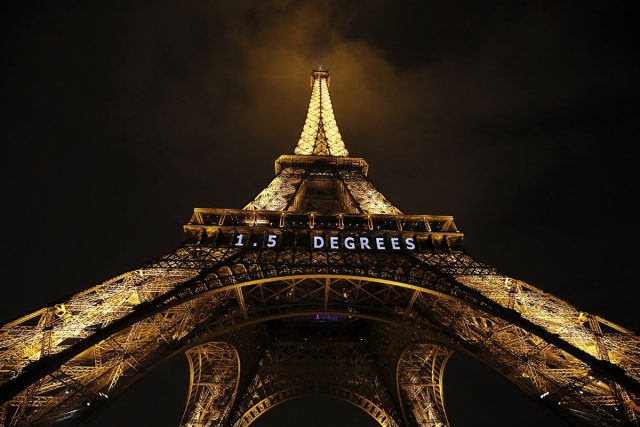MI weekly selection #232

Drug-resistant bacteria’s origins traced back 450M years
The drug-resistant bacteria Enterococcus may have evolved from an ancient gut microbe that lived inside some of the first creatures that walked on land about 450 million years ago. Researchers examined the superbug’s genetic history as well as its ability to survive in harsh environments and found that its ancient ancestor likely had the same characteristics that make the bacteria resistant to antibiotics and disinfectants today.
China preps for long-term space missions with simulated moon station
China has ensconced four astronautics students in a cabin that simulates what life would be like on a moon station as it prepares for long-term space missions a decade or more from now. The first group of students will live in the isolated and self-contained cabin for about two months, then a second quartet will move in for 200 days.
Toothy ancient whale gives researchers clues about transition to filter feeding
The fossil of a whale dating back 36 million years has been found in Peru and is giving researchers clues to how mysticetes transitioned from having teeth to becoming filter feeders like baleen whales today. Mystacodon selenensis, one of the oldest baleen whale ancestors, had teeth, but wear patterns show it fed by suction rather than biting, an early step toward filter feeding.
Distant exoplanet boasts unusual atmosphere
The atmosphere of distant exoplanet HAT-P-26b includes water vapor and unconventional clouds and has much more hydrogen and helium than Uranus or Neptune. “This exciting new discovery shows that there is a lot more diversity in the atmospheres of these exoplanets than we have previously thought,” said study co-leader David Sing.
Warming could rise above Paris accord limit by 2026
The world’s temperatures could reach or exceed the Paris Climate Agreement warming threshold of 1.5 degrees Celsius by 2026. By examining climate models, study authors Benjamin Henley and Andrew King looked at what would happen should the Paris accords not be implemented.